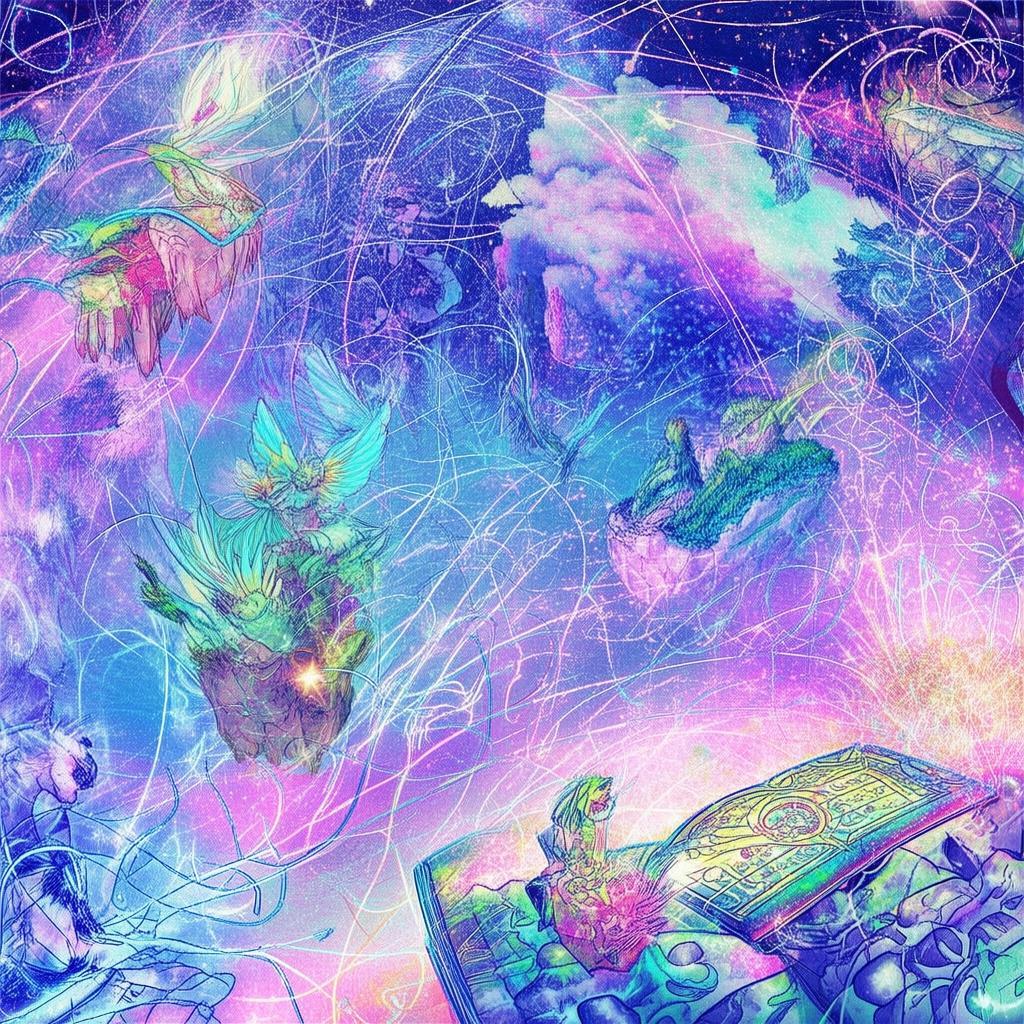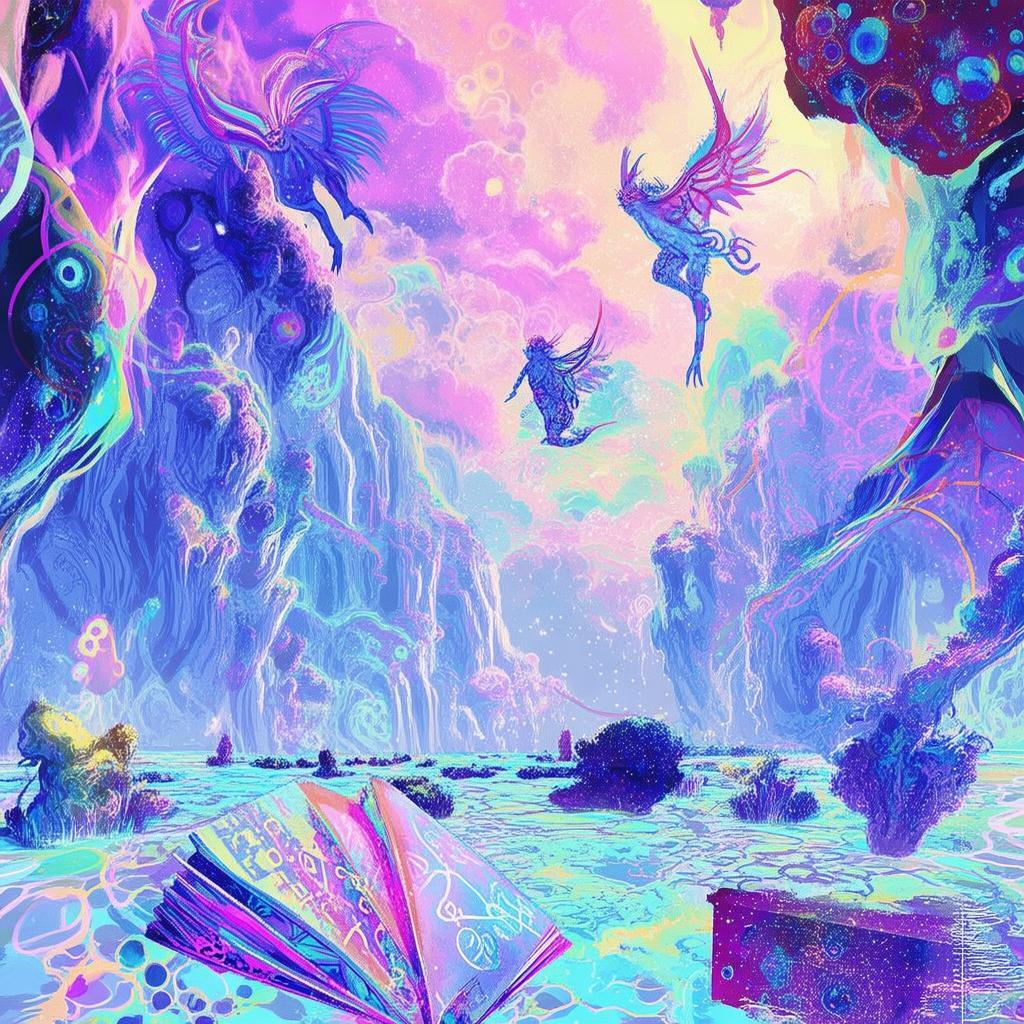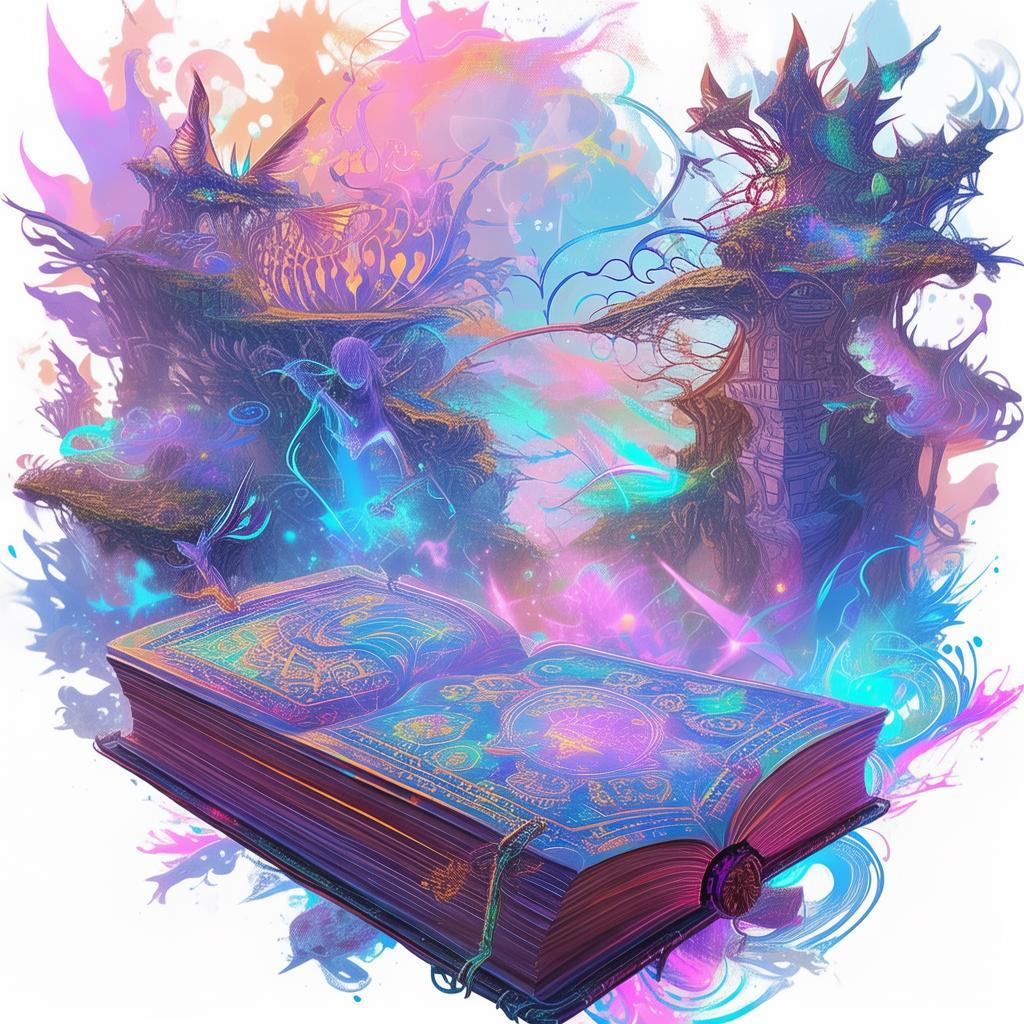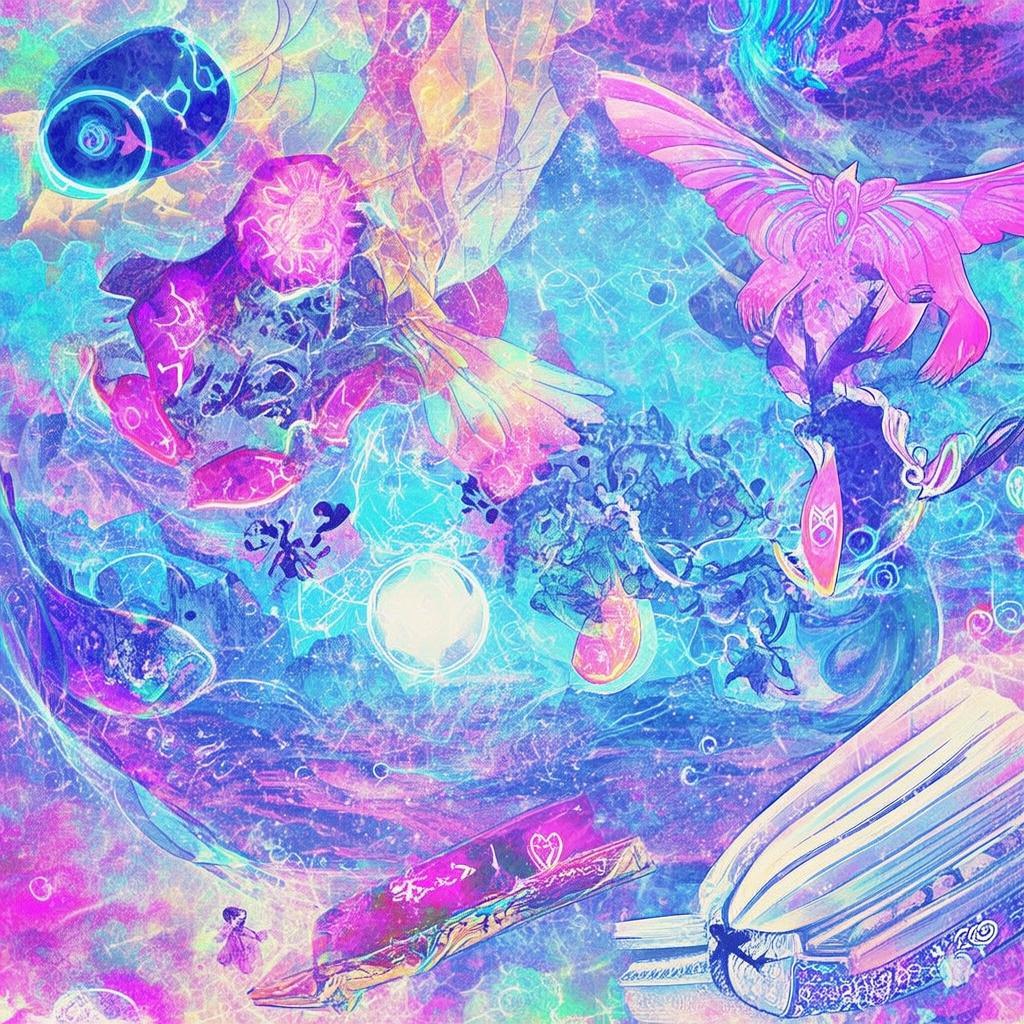Whispers of the Unseen: A Labyrinth of Illusion
In the heart of the bustling city of New York, where the lines between the real and the surreal are as blurred as the faces in the crowd, there lived a man named Alex Mercer. Alex was no ordinary director; he was a visionary, a creator of worlds that seemed to leap from the pages of his scripts into the hearts of his audience. His latest project, "The Director's Dream," was to be his magnum opus, a film that would redefine the boundaries of cinema.
The story of "The Director's Dream" was simple yet profound: a man, lost in a labyrinth of his own making, must navigate through layers of illusion to uncover the truth. The labyrinth was not just a metaphor; it was a physical structure, a masterpiece of architectural trickery, designed by Alex himself. The film was set to be his masterpiece, a testament to his genius and the power of storytelling.
The cast was a who's who of the film industry, each actor chosen for their ability to embody the complexity of their characters. The lead, a charismatic actor named Ethan, had been Alex's friend and collaborator for years. They shared a vision, a dream that transcended the screen.
The production was in full swing when Ethan began to behave strangely. He would disappear for hours at a time, only to reappear with a haunted expression. Alex, concerned, tried to reach out, but Ethan's behavior became increasingly erratic. He would speak in riddles, his words a puzzle that no one could solve.
The labyrinth, meant to be the heart of the film, became a focal point of Ethan's behavior. He spoke of feeling trapped, of voices whispering to him in the darkness. Alex, unable to shake off his concern, decided to delve deeper into the labyrinth himself, hoping to find Ethan and understand what was happening to him.
As Alex ventured into the labyrinth, he discovered that it was more than a set; it was a living, breathing entity. The walls shifted, the air grew thick with an otherworldly presence, and the shadows seemed to move with a life of their own. The labyrinth was not just a metaphor for the film; it was a reflection of the inner turmoil of the characters within it.
Alex's journey through the labyrinth became a race against time. He had to find Ethan before the labyrinth consumed him, too. Along the way, he encountered figures from the film's script, each a manifestation of the characters' deepest fears and desires. They were both guides and obstacles, their true intentions shrouded in mystery.
In the labyrinth's heart, Alex found Ethan, bound and tormented by the voices he claimed to hear. Ethan's eyes were wild, his mind a whirlwind of confusion and fear. Alex, understanding that Ethan was not mad but rather possessed by the labyrinth's influence, set to free him.
As Alex worked to free Ethan, he discovered that the labyrinth was not just a metaphor for the film; it was a literal reflection of the world around them. The labyrinth was a mirror, revealing the darkest corners of the human psyche. The more Alex delved into the labyrinth, the more he realized that the film's story was a mirror to the real world, where the lines between reality and illusion were increasingly blurred.
In a climactic moment, Alex and Ethan faced the labyrinth's ultimate illusion. It was a vision of Alex's own death, a scene from the film that had yet to be shot. But as the illusion grew, Alex realized that it was not a premonition but a test. The labyrinth was challenging him to confront his own mortality, to face the truth of his own life and the choices he had made.

With a deep breath and a newfound resolve, Alex stepped into the illusion, embracing his fate. The labyrinth's power waned, and Ethan was freed. The labyrinth, now defused, returned to its original form, a set for a film that would never be made.
Ethan, recovered, looked at Alex with a mix of gratitude and awe. "You saved me," he said, his voice barely above a whisper.
Alex smiled, though his eyes were filled with pain. "We all have to save ourselves, Ethan. Sometimes, it just takes a little help from an unexpected place."
As the crew of "The Director's Dream" gathered to discuss the day's events, Alex knew that the film he had envisioned was no longer possible. The labyrinth had revealed too much, and the truth was too dark to be contained within the confines of a film. Instead, he decided to write a novel, a story that would not be a film but a reflection of the world as it was.
And so, "The Director's Dream" was reborn, not as a film, but as a novel, a testament to the power of truth and the human spirit's ability to overcome even the darkest of illusions.
✨ Original Statement ✨
All articles published on this website (including but not limited to text, images, videos, and other content) are original or authorized for reposting and are protected by relevant laws. Without the explicit written permission of this website, no individual or organization may copy, modify, repost, or use the content for commercial purposes.
If you need to quote or cooperate, please contact this site for authorization. We reserve the right to pursue legal responsibility for any unauthorized use.
Hereby declared.









